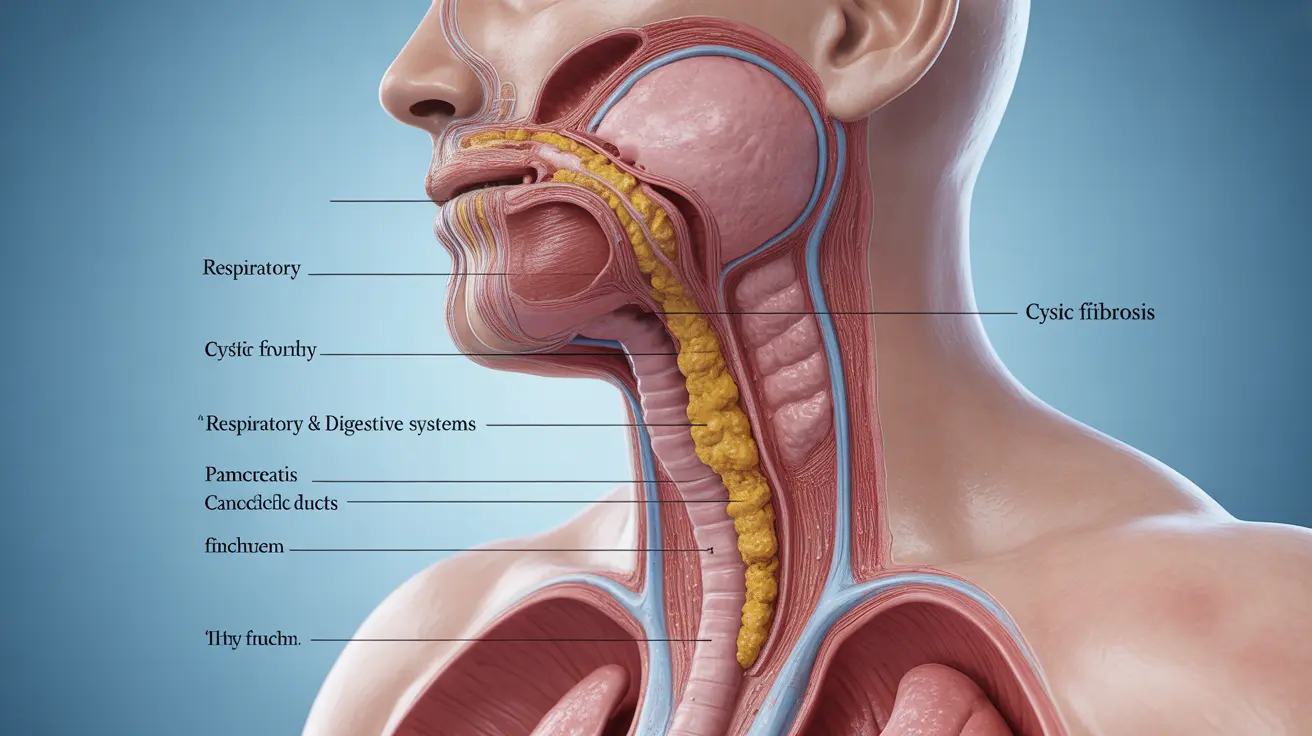Sweet potato fries have gained popularity as a supposedly healthier alternative to traditional French fries. While they offer unique nutritional benefits, understanding their true health impact requires examining both their advantages and limitations. Let's explore whether sweet potato fries deserve their health-conscious reputation and how preparation methods affect their nutritional value.
Nutritional Profile of Sweet Potato Fries
Sweet potato fries start with a nutritionally dense base ingredient. Sweet potatoes are rich in beta-carotene, vitamin C, potassium, and fiber. They also contain important antioxidants that can support overall health and immune function. However, the cooking method significantly influences their final nutritional value.
Key Nutrients in Sweet Potatoes
Before frying, sweet potatoes offer impressive nutritional benefits, including:
- High levels of vitamin A (in the form of beta-carotene)
- Significant amounts of vitamin C
- Dietary fiber
- Potassium
- Various antioxidants and plant compounds
Impact of Cooking Methods
The way sweet potato fries are prepared dramatically affects their health benefits. Deep frying can add significant calories and fat, potentially negating some of their natural nutritional advantages. However, alternative cooking methods can help preserve their health benefits while creating a satisfying side dish.
Baking vs. Deep Frying
Baked sweet potato fries typically contain fewer calories and less fat than their deep-fried counterparts. They retain more nutrients and can be prepared with minimal oil while still achieving a crispy exterior. When baking, using a light coating of heart-healthy oil like olive oil can enhance nutrient absorption while keeping the calorie content reasonable.
Portion Control and Frequency
Even with their nutritional benefits, sweet potato fries should be consumed in moderation. A reasonable portion size is about 3 ounces or one cup. This amount provides beneficial nutrients without excessive calories or fat, especially when baked rather than fried.
Making Healthier Sweet Potato Fries
To maximize the health benefits of sweet potato fries, consider these preparation tips:
- Cut fries uniformly for even cooking
- Use minimal oil when baking
- Season with herbs and spices instead of excess salt
- Avoid additional high-calorie toppings
- Choose baking over deep frying when possible
Frequently Asked Questions
Are sweet potato fries healthier than regular French fries?
Sweet potato fries can be healthier than regular French fries due to their higher content of vitamin A, antioxidants, and fiber. However, if both are deep-fried, they'll have similar calorie and fat content, potentially offsetting these nutritional advantages.
How does frying affect the nutritional value of sweet potato fries?
Frying significantly increases the calorie and fat content of sweet potato fries while potentially reducing some heat-sensitive nutrients. The high temperatures used in frying can also lead to the formation of compounds that may not be beneficial for health.
What are the health benefits of eating sweet potatoes compared to white potatoes?
Sweet potatoes offer higher levels of vitamin A, more antioxidants, and a lower glycemic index compared to white potatoes. They also contain more fiber and provide different beneficial plant compounds that support overall health.
Are baked sweet potato fries a better option than deep-fried ones for health?
Yes, baked sweet potato fries are generally healthier than deep-fried versions. They contain fewer calories and less fat while retaining more of their natural nutrients. Baking also eliminates the need for excessive oil and reduces the formation of potentially harmful compounds.
How often can I eat sweet potato fries without negatively impacting my health?
Sweet potato fries can be enjoyed 1-2 times per week as part of a balanced diet, preferably when baked rather than fried. Portion control is key, and they should be considered a side dish rather than a daily staple.




